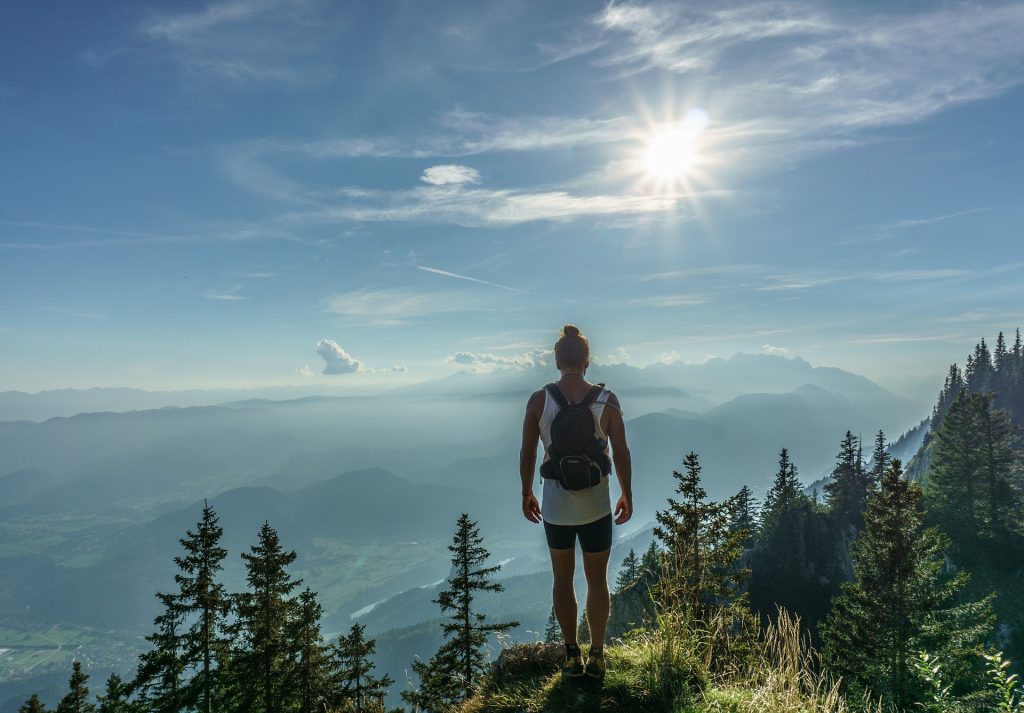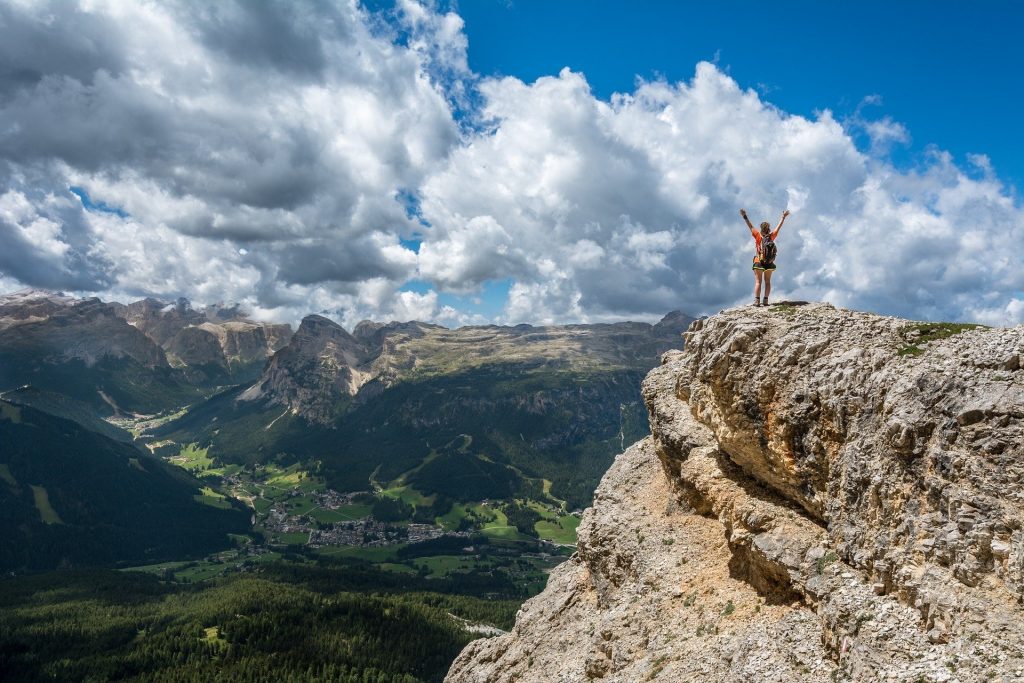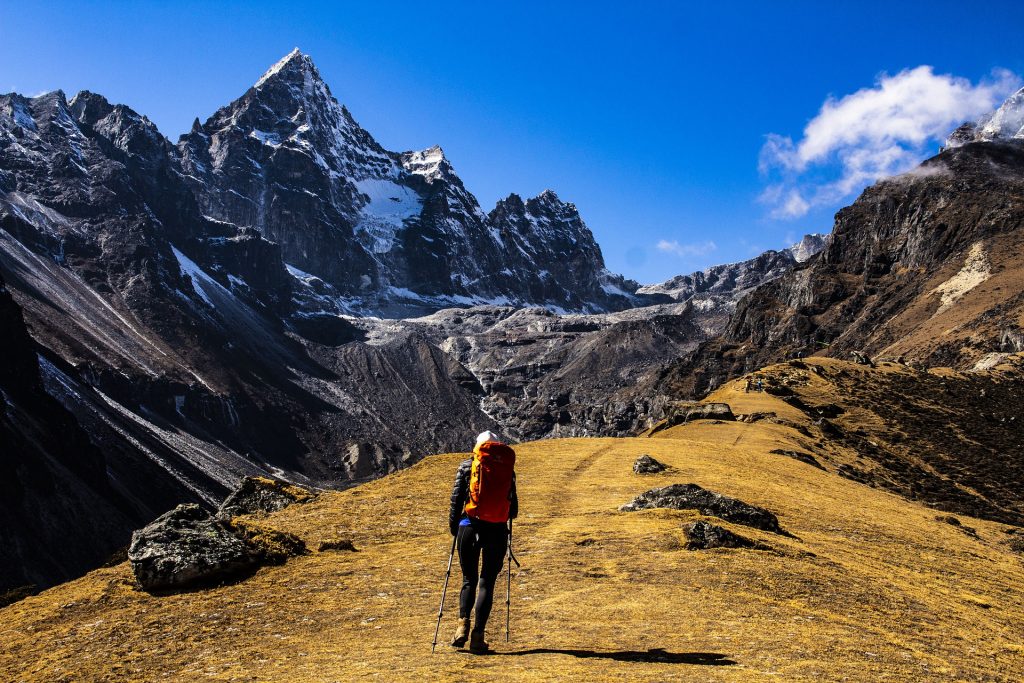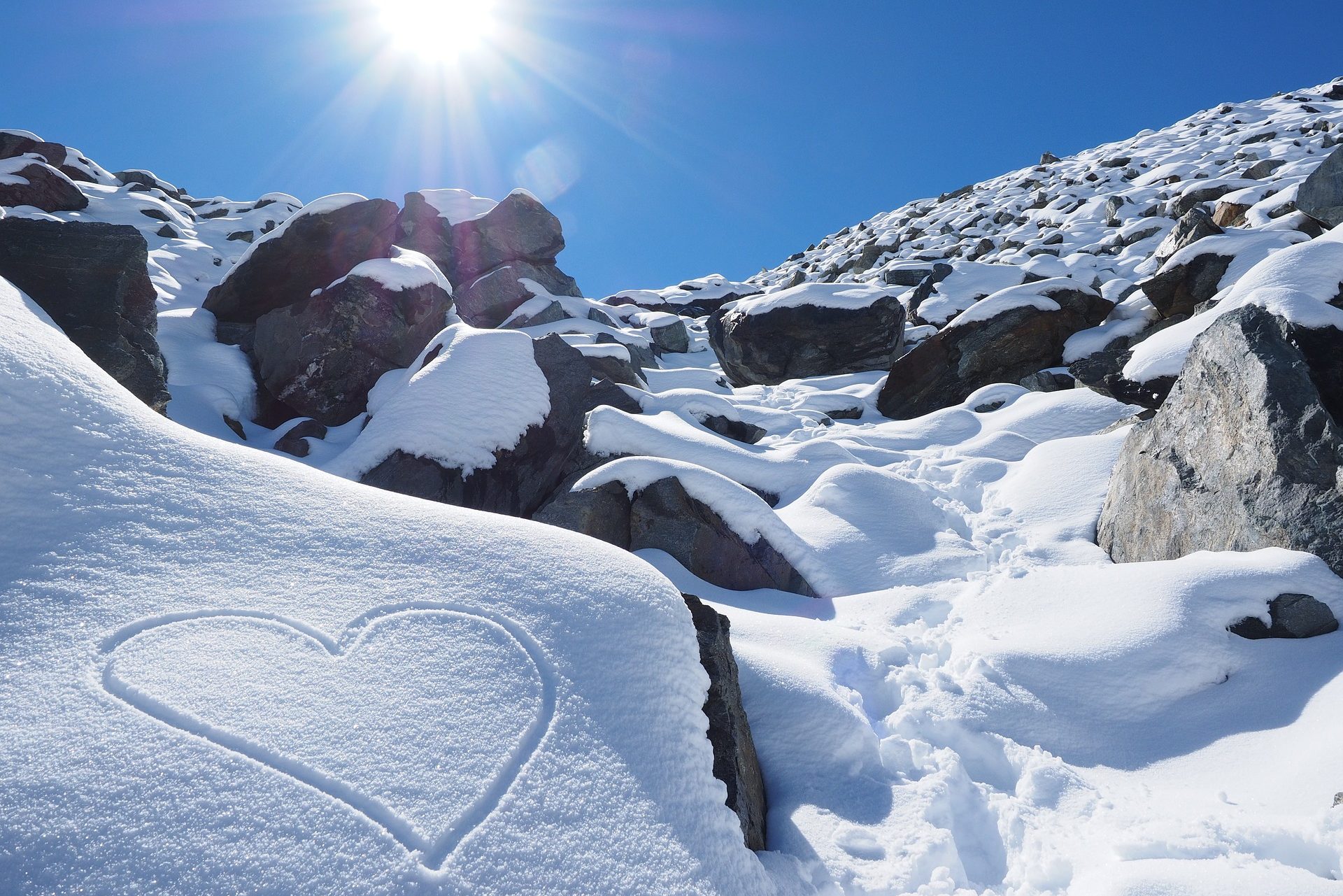Days with clear skies and last summer heat that slowly fade into romantic autumn colors, there is no better time to go up to enjoy a silent mountain, in slow preparation for the arrival of the cold winter. Before leaving, you check the materials and equipment, prepare your backpack and then off you go, up the paths. But you have to pay attention to what you do, to the effort to which you want to submit, especially if you are hypertensive or have heart problems. Living in the mountains and practicing physical activity, even at high altitudes, is possible as long as you comply with some simple precautions to prevent any consequences. We talk about it, on the occasion of the World Heart Day promoted by World Heart Federation and celebrated every year on September 29, with Dr. Gianfranco Parati, specialist in Cardiology and Internal Medicine. Internationally renowned cardiologist Dr. Parati is the author of the most complete and significant studies on heart disease patients at high altitudes.
Is the mountain good for the heart?

Mountain hike.

Mountain hike.

Autumn trekking in the mountains.

Professor Gianfranco Parati
Dr. Parati, are there any studies that describe what happens to our cardiovascular system and heart when we go up in altitude?
“Over the past fifteen years we have thoroughly investigated the effects of altitude increase, both on healthy people and on patients with various diseases. We carried out five expeditions in Capanna Margherita, on Monte Rosa, where data were collected in a systemic way by analyzing the influence of altitude on heart, breath, pressure. In 2008 we also worked at the foot of Everest. All this with healthy people. In Peru we have conducted studies on hypertensive patients, analyzing first the data at sea level and then above 3000 meters. “
So can you tell us what happens?
“Nothing in the early hours. If I go up with the cable car to Punta Helbronner, on Mont Blanc, I take a coffee and go down I will hardly have problems. Obviously, if you breathe in less oxygen, you may feel short of breath while walking. The adaptation mechanism begins after 6 or 7 hours of stay at altitude. We assist in the activation of the sympathetic system with an acceleration of breathing. The arteries, which vasodilate in the first hours to meet the decrease in oxygen, undergo a constriction with a consequent increase in pressure. Heartbeats also increase, the heart contracts faster and in a slightly different way.
In addition to these, all the characteristic symptoms of altitude sickness are felt, which tend to pass within a few days. Only the pressure does not adapt, but it remains high. “
Given the effects of altitude, can a person with cardiovascular disease go to the mountains?
“It would be absurd to forbid the mountain to an enthusiast, even if he is heart disease. Obviously, in the case of a person with pathologies, before going to altitude it is necessary to carefully evaluate the type of problem, the health condition and the stability of the situation, in addition to the altitude that you intend to reach and the type of activity you would like to practice. In general, there are clear recommendations, but each situation must be evaluated individually. “
What advice can you offer to a person with pathologies who would like to go to the mountains?
“First of all, consult your doctor, or rely on a mountain medicine expert. This part is essential to assess the patient’s general state and the stability of his clinical condition. If they are stable and there are no problems with the therapies, you can take a trip to the mountains. Obviously, depending on the pathology, the altitude that can be reached varies and also the type of activity that can be practiced. Eventually it is possible to think around an adjustment of the therapy at altitude.
It is important to take some time to acclimate so that the body gets used to the new condition, then you can start with the activity. A generic consideration concerns training, which must be carried out regularly even at sea level. “
Can a stay in the mountains lead to the onset of new cardiovascular diseases?
“There may be exacerbations of existing problems, such as high blood pressure. Ischemic heart disease is also at risk of worsening in a condition where the heart sees its nourishment, in terms of oxygen, deteriorate.
In itself, if the patient has a good preparation and is in a stable condition, nothing happens. “
In general, is the mountain good for the heart?
“The mountain, as such, has a number of known advantages. Relaxation, possibility of practicing activities in an optimal environment. Moving with a pinch of hypoxia is good when you are well, it trains the cardiovascular system. It is no coincidence that the athletes carry out preparation periods at an altitude of two thousand meters. All these points in favor must be counterbalanced with the fact that in the mountains we expose ourselves to an area where the air is drier, where the UV radiation is greater, where the temperature and atmospheric pressure are lower. “
Factors that, if they have no effect on healthy people, can they have on people with pathologies?
“In a person with pathologies where the conditions are stable and balanced, all the benefits of the mountain remain. There is even a Russian study in which an intermittent hypoxia condition is used for recovery after heart attack, as it would improve vascular function.
It remains that new environmental conditions, for a heart that has suffered damage, can represent a stress. A heart patient needs to know that going to the mountains can be a problem. Whether or not he can do it, he must decide with his doctor because, in addition to the generic recommendations, each case needs its own specific evaluation. “
